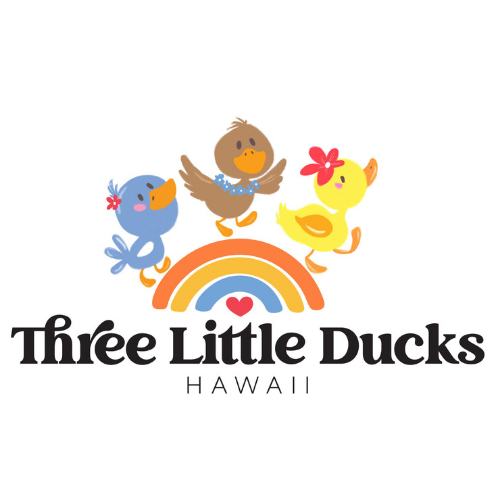Rolling is a big, exciting milestone for your baby. Learn more about when your baby will start rolling and how to best support them during this time.
Why is Rolling an Important Milestone?
Rolling is one of the many milestones that sets a solid foundation for a healthy development. It acts as a great way for babies to learn to explore their environment, coordinate their bodies, develop spatial awareness, and build core strength. It is also a crucial building block for the next skills to come: sitting, crawling, standing, and walking.

When Will My Baby Start Rolling?
Rolling typically emerges between 4 to 7 months, but keep in mind that all babies develop at their own pace. Your baby may start rolling earlier or later - and that’s totally okay!
There are two rolling skills that your baby can master.
-
Rolling from back to tummy usually emerges between 4-6 months.
-
Rolling from tummy to back usually emerges between 6-8 months.
What Can I Do to Help My Baby Roll?
Yes, there are many skills and activities you can do with your baby to help them master rolling!
Daily Tummy Time
First and most importantly, tummy time! You can start tummy time from the day you bring your baby into the world. Daily tummy time encourages your baby to meet just about any of their motor milestones including sitting, crawling, rolling, walking, and more. It’s truly the key to promoting a healthy development for your little one.
To know how much tummy time you should be doing with your baby every day, use the formula below:
# of Months x 10 Minutes
(Ex: 2 Months x 10 Minutes = 20 Minutes Per Day)
For newborns, aim for 2-3 minutes per day.

Sometimes, babies can have a hard time tolerating tummy time. If this is your baby, we recommend…
-
Changing Up the Surface: Tummy time doesn’t only have to happen flat on the floor. It can also happen on your chest, on a rolled towel or boppy pillow, water mat, and more. By changing up the surface, it gives your baby new experiences and helps promote longer sessions.
-
Breaking Up the Time: You can also try doing shorter sessions throughout the day. Gradually increase the length of sessions as your baby gets more comfortable.
-
Getting Face-to-Face: Though toys can help engage your baby, the best way to keep their attention is YOU! Try talking, singing, or making silly sounds and faces to them. They love interacting with you.
For more tips, read this article.
Post-Bath Rolling Activity
Teaching your baby what rolling feels like is another great way to help them achieve this milestone. Here is one activity you can try after bath time starting at 10 weeks old!
-
Wrap a towel around your baby
-
Place them on a flat surface
-
Grab the towel on both sides of your baby
-
Roll your baby from side-to-side
-
Repeat 6-10 times
Playtime Rolling Activity
Here’s another activity you can try during playtime that will help your baby feel the movement, build strength, practice coordination, and gain confidence!
-
Place baby on a flat, firm surface
-
Support their hips to gently guide them through the motion
-
Repeat 2-3 rolls in each direction for balanced development
When Should I Be Concerned?
If you suspect your baby is struggling to roll, has a preference to roll to one side, and/or not meeting other developmental milestones, we recommend talking to your child’s pediatrician about a referral to pediatric physical therapy.
Unsure whether your baby is on-track with their milestones? Download our Free Milestone and Warning Sign Checklists to ensure your child is on-track for a healthy development.
A Community for Learning, Friendships, & Fun
Here at Three Little Ducks, we are creating a space where education meets community and preventative care meets play. With award-winning baby and toddler classes, pediatric physical therapy, free 'ohana yoga, and free family socials, we are an expert-led, supportive community for parents and their children to thrive.
To stay updated on events, expert tips, and more, follow us on Instagram and subscribe to our newsletter.




